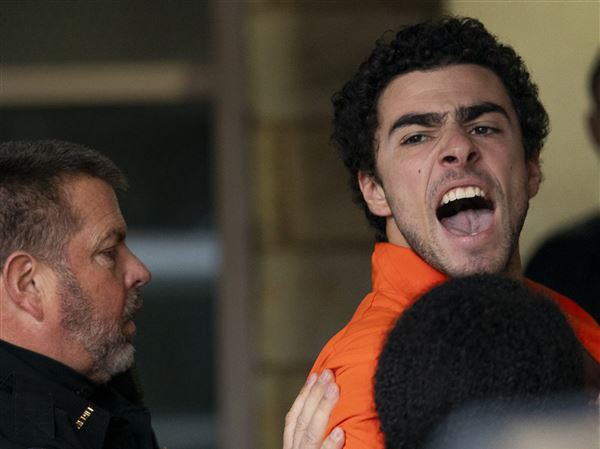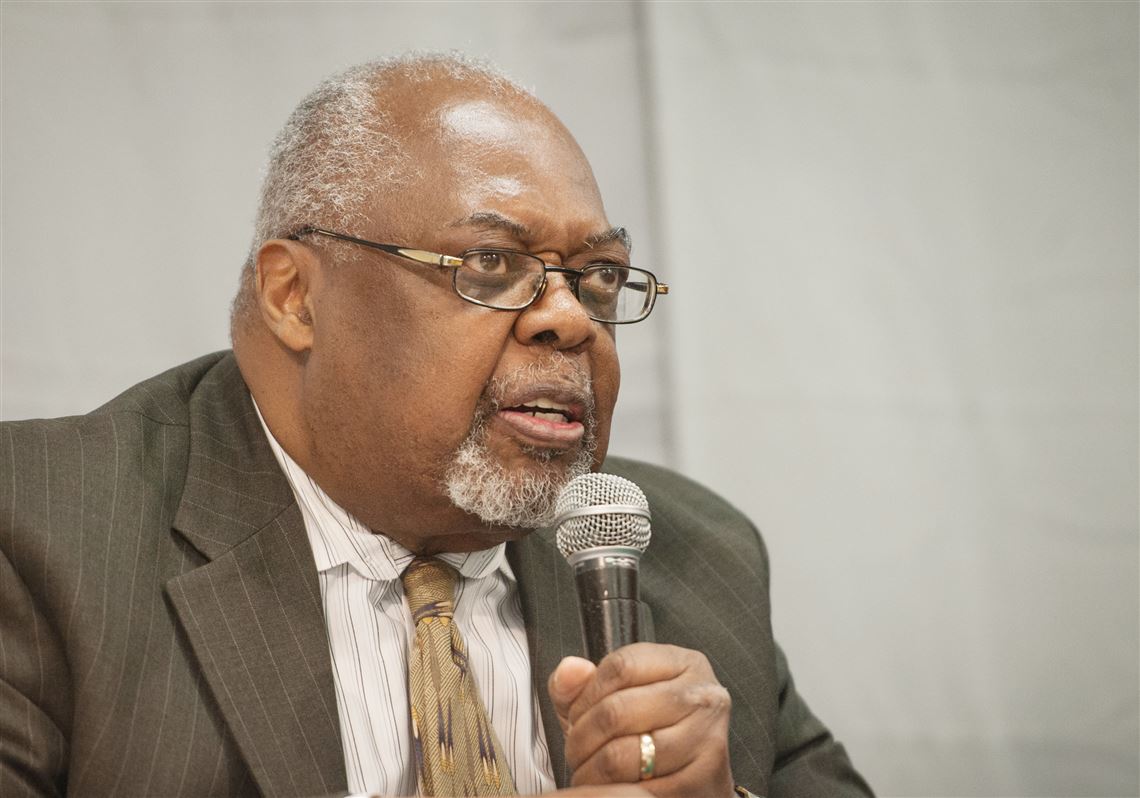Pittsburgh school board members were frustrated this week that students’ state test scores either remained flat or didn’t improve as much as they would have liked for 2019.
The Pittsburgh Public Schools administration presented the most recent test scores to the board at an education committee meeting Tuesday night.
Districtwide, the percentage of students who achieved proficient or advanced in English increased from 46.2% to 47.3% over last year, but with declines in third and eighth grade. The number of students who scored proficient or advanced in math remained about the same, at 28.7%. Overall, the number of students who achieved proficiency in science increased from 46.2% in 2018 to 49.8% in 2019. Student performance on the high school Keystone exams decreased slightly in all three subjects, following two years of "steady" performance.
“We are pleased with the steady progress we are seeing in student performance on the PSSA, and encouraged to see that the hard work of our teachers, administrators, staff and students is bearing fruit,” Superintendent Anthony Hamlet said in a statement after the meeting. “While we would have preferred to see a third year of positive results on the Keystone exams, we intend to drill down into the reason behind the decline and address contributing factors.”
But board members said they weren’t satisfied with those results, and seemed especially concerned with the drop in English reading scores at the third-grade level, which declined from 56.1% proficiency last year to 50.9% in 2019. After third grade, students are no longer learning to read, but reading to learn. And research shows that students who are able to read proficiently by the third grade are more likely to graduate high school.
Board members also pointed to the continual achievement gap between black and white students, although slightly more students of color, students who speak English as a second language and students with Individualized Education Plans achieved proficiency on more exams in 2019.
Member Sala Udin, who has been critical of the district’s reading curriculum, said the numbers “tell a sad story” that the district “continues to fail to educate the children” of Pittsburgh.
“If kids can’t read, they can’t be successful in math and science,” Mr. Udin read from prepared remarks. “If we don’t demand better results, then we will not achieve better results.”
Board President Lynda Wrenn and member Regina Holley echoed some of his concerns, particularly about the drop in third-grade reading.
Ms. Wrenn called the results “depressing.”
“It does raise the question what can we do to raise the needle,” she said. “Because when you look at these, we’re flat at best and even declining in some.”
Ms. Holley said she would like the district to do more to support teachers, and hire someone at the district-level who has a background in improving student literacy to lead PPS’ efforts in the area.
“I’m not blaming any teachers, I’m not blaming the board, I’m not blaming anybody,” she said. “I’m just saying we need a new day.”
Elizabeth Behrman: Lbehrman@post-gazette.com, 412-263-2590 or @Ebehrman on Twitter.
First Published: September 4, 2019, 2:15 a.m.
















